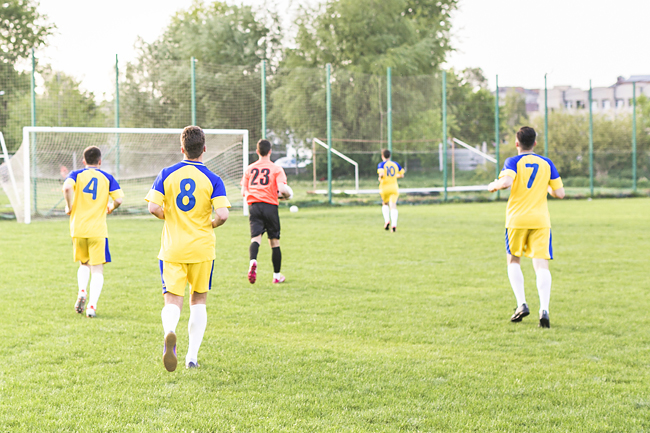Fadhil Yunus
As Muslims all around the world dutifully observe fasting during the holy month of Ramadhan, it is worth noting that, predominantly, sporting events in Islamic-majority nations will be scaled back, especially during fasting hours amid a slowdown or a lower level of performance.
Brunei Darussalam is no exception and daylight sporting activities are put on hold as they were before the days of the COVID-19 pandemic, with recreational and competitive athletes alike conserving their energy and abstaining from eating and drinking.
During the first few days of Ramadhan, popular outdoor settings such as the Taman Mahkota Jubli Emas, Damuan Recreational Park and along the vicinity of the Hassanal Bolkiah National Stadium that are normally frequented for jogging have seen little crowds as people are adjusting to not consuming any food or drink, which serves as fuel for long hours.
Competitions and other activities typically organised during weekends are also taking a break while training hours will be adjusted to accommodate athletes.
A report by the United States’s National Library of Medicine, concluded that event organisers should take account of the needs of Muslim athletes when scheduling the dates and timings of sports competitions.
Every season, Brunei professional football club DPMM FC will train at night commonly after the Sunnat Tarawih prayers in preparing for their matches in the Singapore Premier League (SPL).

Traditionally, there are no training or fitness-related sessions such as swimming during late afternoon especially during weekdays.
The Brunei Super League and the Brunei Futsal League, both of which run for a length of one full season, have taken a pause and will only continue after the end of Ramadhan and the Hari Raya festivities.
The wide-ranging positive implications of the month of Ramadhan are also apparent as it serves as an opportunity for local teams to review and analyse performances in the league thus far and gives them time to reflect before they return once competitions restarts.
Despite the limitations of performing to their optimal levels during the day, it does not alter athletes’ course as they prepare for upcoming regional and international meets in line with their sporting calendar.
Athletes specialising in various disciplines are also stepping up their preparations ahead of the major competitions such as the Southeast Asian Games (SEA Games).
Meanwhile, class schedules at various local fitness centres and gyms have also been revised to cater for participants who are fasting as well as to allow them to enjoy a workout when their body condition improves after they break their fast.
Some fitness establishments also organise late classes to enable Muslims to complete their Sunnat Tarawih prayers. The classes take place at a time where they will be able to train better since there is ample time between breaking their fast and the start of their workout.
In respect to the people who are fasting, instructors also allow participants and members to perform at their own pace and comfort while taking breaks in between if they need to amid the absence of water and any form of liquid.
While it is understandable that individuals can take a break during Ramadhan, there is still decent attendance in classes once gyms and fitness studios re-open.
Fasting should not be seen as a hindrance and studies also suggest that it carries significant health benefits such as boosting cognitive performance, supporting weight loss and decreasing the risk of metabolic diseases.
Light exercise or even performing cardio-based exercises is doable as long as the person realises their limit and not perform to a point of exhaustion. It is advisable that individuals should train either close to the time breaking of fast or after Sunnat Tarawih prayers when they are already fuelled from the meal they consumed during iftar. While high-intensity exercise will pose a major challenge, there are activities that suit people who are fasting such as brisk walking, yoga, taichi or cycling. For instance, workouts that require a lower heart rate will inevitably reduce the need for an individual to increase their workload and sap energy.
Meanwhile, indoor or home workouts can also be an ideal alternative for individuals wishing to train during fasting hours.
Individuals who own treadmills at home can switch speed and run in accordance to their comfort while they can always change the weight of their equipment for weight-related exercises.
Alternatively, it is still possible to go road running during fasting by scaling back on their capabilities such as lowering their average running pace.
Gym goers should be aware of how their body feels and not put themselves in a situation of distress where it may potentially harm them.






